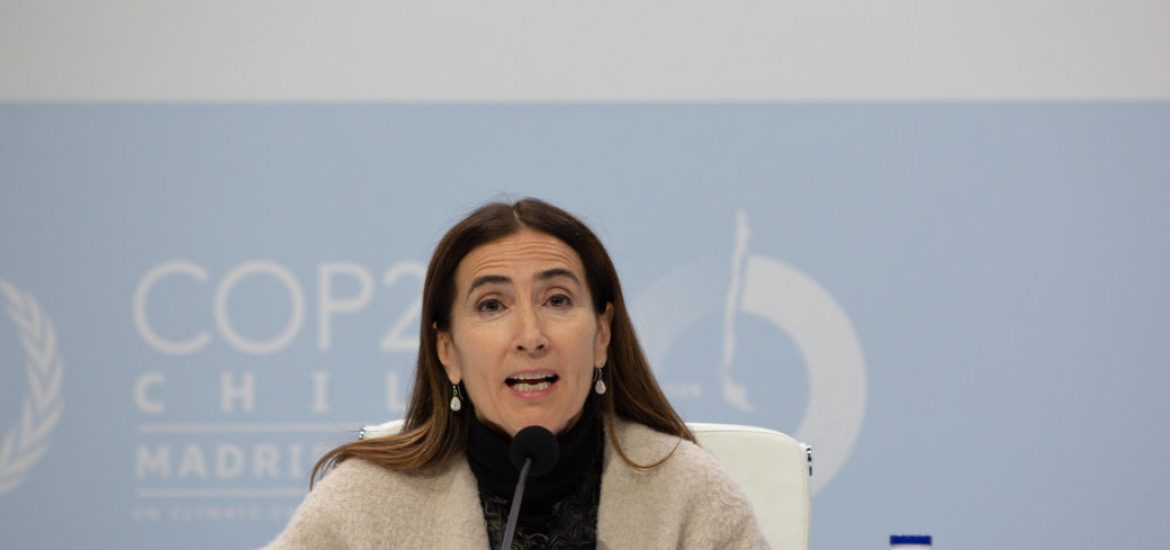
Delegates from more than 190 countries are still talking at the COP25 climate summit in Madrid on how to include ambitious targets for cutting greenhouse gas emissions in a final document.
Research published during the talks found that emissions have risen by 4 per cent since 2015, and cuts of more than 7 per cent a year will be needed in the next decade to avoid dangerous temperatures rises.
Carbon credits are being discussed at the event which was scheduled to conclude on Friday as part of the 2015 Paris climate agreement amid technical questions about how countries count emission cuts.
Brazil has demanded that carbon credits it earned under the existing market mechanism in the Kyoto Protocol be allowed to be transitioned in the new market mechanism to be created for the Paris deal.
Some other countries, including India and China, are backing the provision.
Chile is chairing the conference despite refusing to hold the event in Santiago amid rioting.
Environmental activists from Extinction Rebellion (XR) dumped horse manure with a sign saying “the horseshit stops here” and staged a mock hanging outside the venue.
“Just like rearranging deckchairs on the Titanic, this COP’s fiddling of carbon accounting and negotiating of Article 6 is not commensurate to the planetary emergency we face,” XR said.
Activists stood on melting blocks of ice with nooses around their necks.
The US, Brazil, Australia, India and China were all accused of holding up aspects of the talks.
A US State Department source said: “The US government is the largest humanitarian donor in the world. The WIM should be a constructive space to catalyse action on the wide range of loss and damage issues. A divisive conversation on blame and liability helps no one.”
So far 84 countries have promised to enhance their national plans by the end of 2020 and 73 of them have pledged to reduce net carbon emissions to zero by 2050.
Jeni Miller of the Global Climate and Health Alliance said: “World leaders’ collective failure to act is not only inexcusable but rises to a failure of government and of leadership of historical proportions.
“At a time when leading health organisations have recognised the climate crisis as a health emergency and people around the world are experiencing the impacts of climate change on their health, livelihoods and homes, government leaders are still arguing about timelines, equivocating over rules and pointing fingers.”
COP25 President Carolina Schmidt. Picture credit: Flickr





